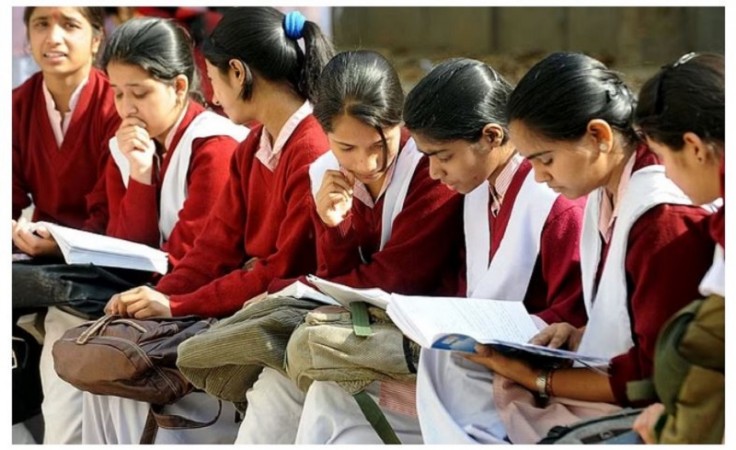
The Central Board of Secondary Education (CBSE) is exploring the possibility of implementing Open Book Examinations (OBE) for students in Classes 9 through 12. This move comes in line with recommendations outlined in the new National Curriculum Framework, as reported by the Indian Express.
A trial run of the open-book format is slated to take place in selected schools in November-December of this year. The purpose of this trial is to evaluate the time students require to complete these assessments and to gather feedback from stakeholders. For Classes 9 and 10, the pilot will include English, Mathematics, and Science papers, while for Classes 11 and 12, it will cover Biology, English, and Mathematics.
Discussions surrounding the introduction of OBE for CBSE schools have emphasized the importance of high-quality textbooks. Additionally, there has been consideration given to having teachers undergo open book exams first as a means to grasp the concept. A proposal akin to the Advanced Placement examination in the United States has been suggested to establish a standard benchmark.
What Are Open Book Exams and What Challenges Do They Pose?
Open Book Exams allow students to consult their notes, textbooks, or other study materials during the assessment. Contrary to common belief, OBEs are not necessarily easier than closed-book exams. These exams focus on assessing a student’s comprehension of the subject matter and their ability to analyze and apply concepts, rather than simply testing memory.
Open text-based assessments (OBTA) differ from traditional exams by providing students with study material four months prior to the examination, allowing them to integrate case studies into their responses. This approach encourages critical thinking over rote memorization for exam success.
Emphasis on Higher-Order Thinking Skills
The aim of the Board is to evaluate students' higher-order thinking skills, including application, analysis, critical and creative thinking, and problem-solving abilities during this trial period.
Based on the outcomes of the trial, CBSE will determine whether to implement this form of assessment across all its schools for Classes 9 through 12.
CBSE intends to finalize the design and development of the OBE pilot program by June and seeks insights from Delhi University (DU). DU previously introduced open book tests in August 2020 amidst the COVID-19 pandemic, albeit facing opposition and legal challenges related to concerns of discrimination against underprivileged and PwD category students.
Ajay Arora, OSD Examination at DU, stated that DU conducted OBE assessments from August 2020 to March 2022. Despite the resumption of physical exams in January 2022, the last round of OBE was offered as an option for students who enrolled in the university in November 2021. DU subsequently reverted to normal examinations.
PM Modi Boosts Education Sector, Will inaugurate three new IIM's tomorrow
Make children friends with books, make them book lovers with 5 tricks